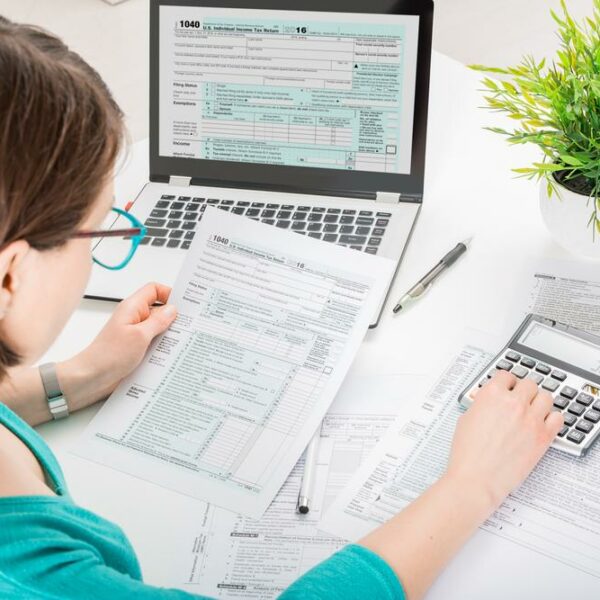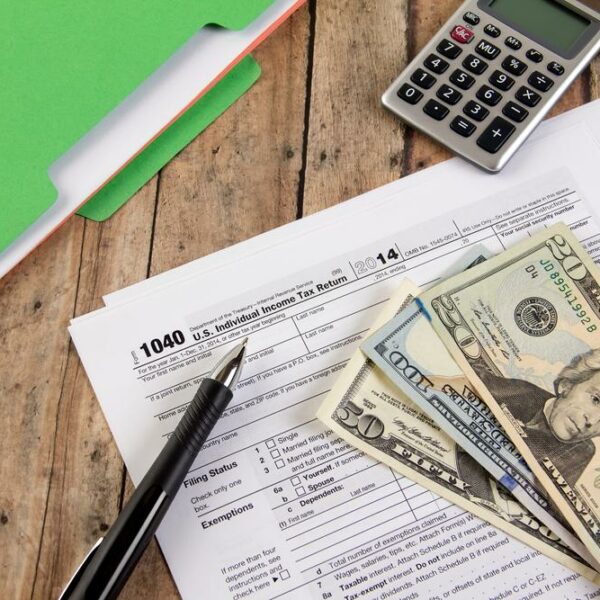
5 Tax Mistakes Freelancers Need To Stop Making
Recently, many people have taken up freelancing. Working on a freelance basis gives the comfort of working from home. The number of freelancers is steadily on the rise across the globe. No wonder that freelancing opportunities are increasing with higher payrolls. Though, the nature of work is flexible for the freelancers, but, it is not very different from working full time. Also, whether it is a 9-5 job or a freelancing stint, paying taxes is one of the most significant aspects of earning a living. However, many freelancers tend to not pay taxes and file returns. It is essential to pay taxes whether you are a working individual or you are self-employed. Here are some tax-related mistakes that freelancers often make. By avoiding these mistakes, you will avoid being hit by penalties by the IRS. Failure to pay self-employment tax: This is one of the most common and critical mistakes that freelancers often make. The failure to pay tax may have repercussions in the future. A freelancer has the advantage of receiving their income without any taxes deducted from their salaries. It is essential for freelancers to pay self-employment tax which covers Medicare and Social Security taxes. Unorganised finances: Often freelancers make the mistake of using their business income for their personal requirements.









